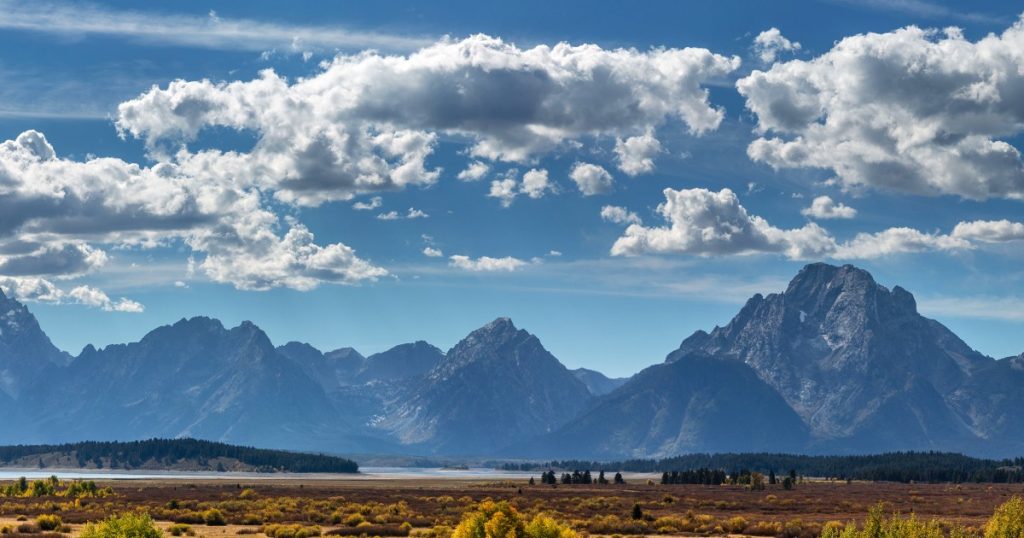A grizzly bear attacked a 35-year-old man from Massachusetts on Signal Mountain in Grand Teton National Park, seriously injuring him and prompting the closure of the mountain. The man was flown by helicopter to the hospital and is expected to recover. The park officials did not disclose the man’s identity or the details of his injuries. The attack occurred as the summer tourist season in the area began, and both Grand Teton and Yellowstone National Park experience several bear attacks each year due to the growing grizzly population in the region.
Park officials emphasized the importance of giving bears space, carrying bear spray, and avoiding leaving out food that might attract bears. The closure of the trail and road to the overlook on Signal Mountain was done to ensure the safety of visitors in the park. The incident serves as a reminder of the potential dangers posed by encounters with bears in national parks and the necessity of being cautious and prepared when exploring bear territory. The attack underscores the need for visitors to be vigilant and take precautions when in areas where bears are present.
The grizzly bear encounter on Signal Mountain highlights the importance of wildlife management and conservation efforts in protecting both bears and humans in national parks. As the grizzly population continues to grow in the region, it is crucial for park officials to educate visitors about bear safety and implement measures to minimize potential conflicts between bears and humans. The incident serves as a reminder of the need for coexistence between wildlife and humans in natural habitats, and the responsibility of both park officials and visitors to ensure the safety of all parties involved.
The attack on the man from Massachusetts by the grizzly bear raises questions about the circumstances leading up to the encounter and the actions taken by both the man and the bear during the incident. While the man’s injuries were not disclosed, the severity of the attack serves as a warning of the potential dangers of close encounters with bears in the wild. Park officials have a duty to investigate the incident and determine any factors that may have contributed to the attack in order to prevent future incidents and protect both wildlife and visitors in the park.
In conclusion, the grizzly bear attack in Grand Teton National Park serves as a reminder of the importance of bear safety and conservation efforts in national parks. The incident highlights the need for visitors to be cautious and prepared when exploring bear territory, as well as the responsibility of park officials to educate visitors about bear safety and implement measures to minimize potential conflicts between bears and humans. As the summer tourist season begins, it is crucial for both park officials and visitors to prioritize safety and respect wildlife in their interactions with bears and other animals in natural habitats. The incident on Signal Mountain underscores the need for continued vigilance and coexistence between humans and wildlife in national parks.


